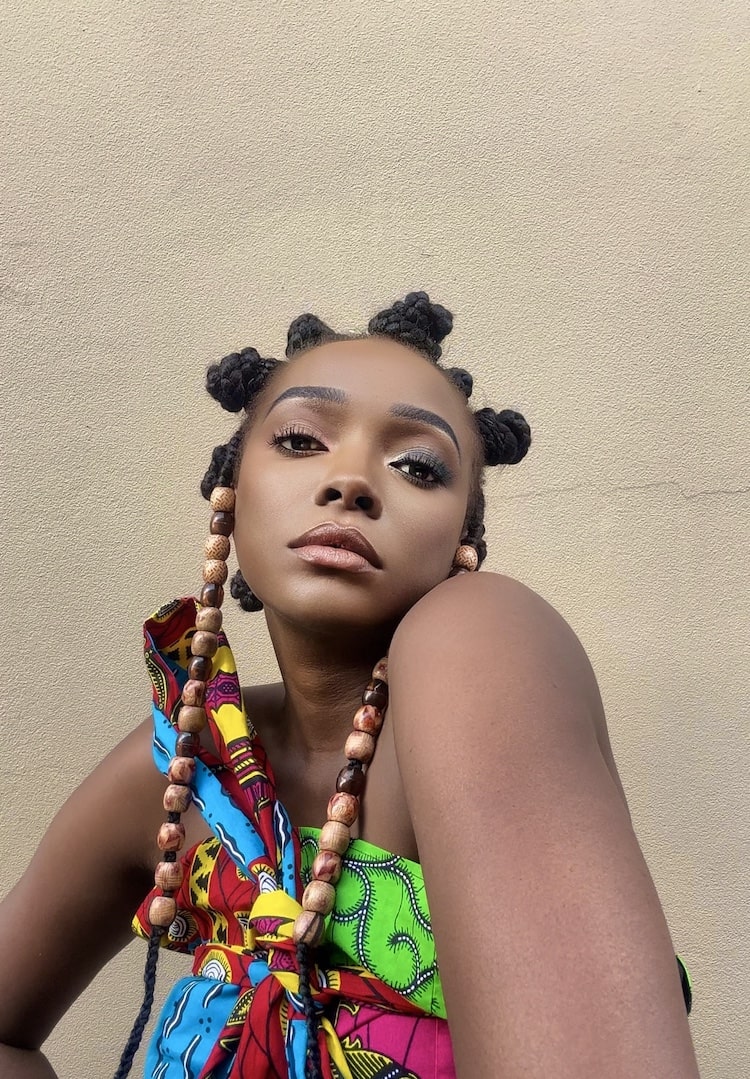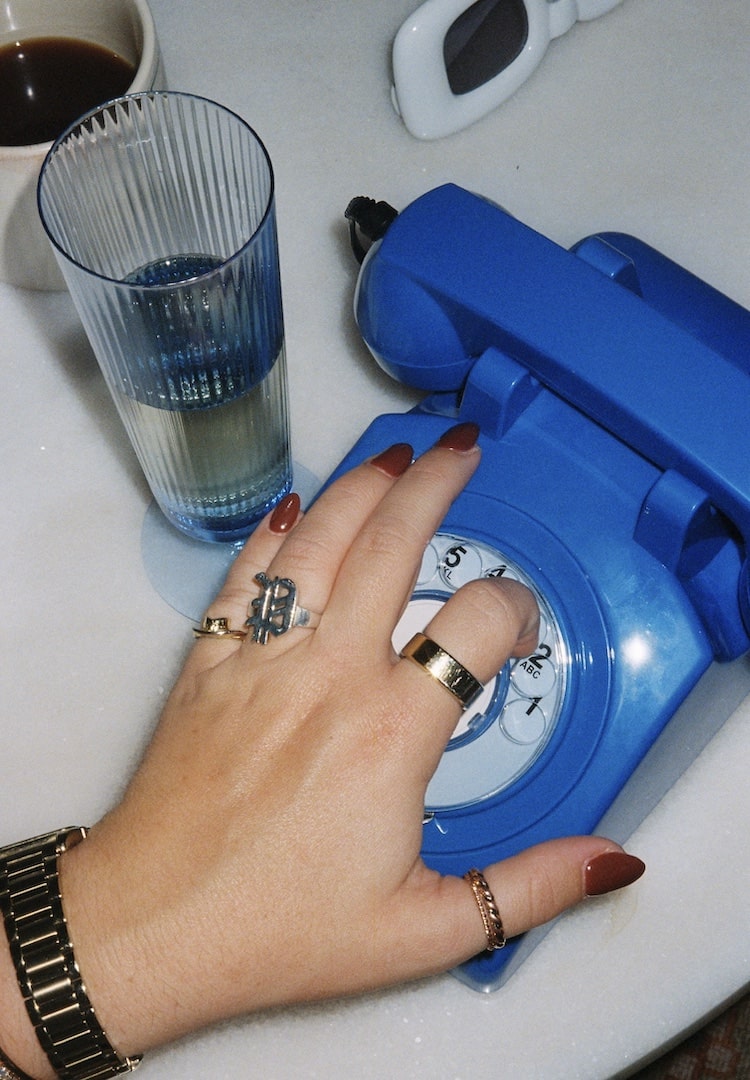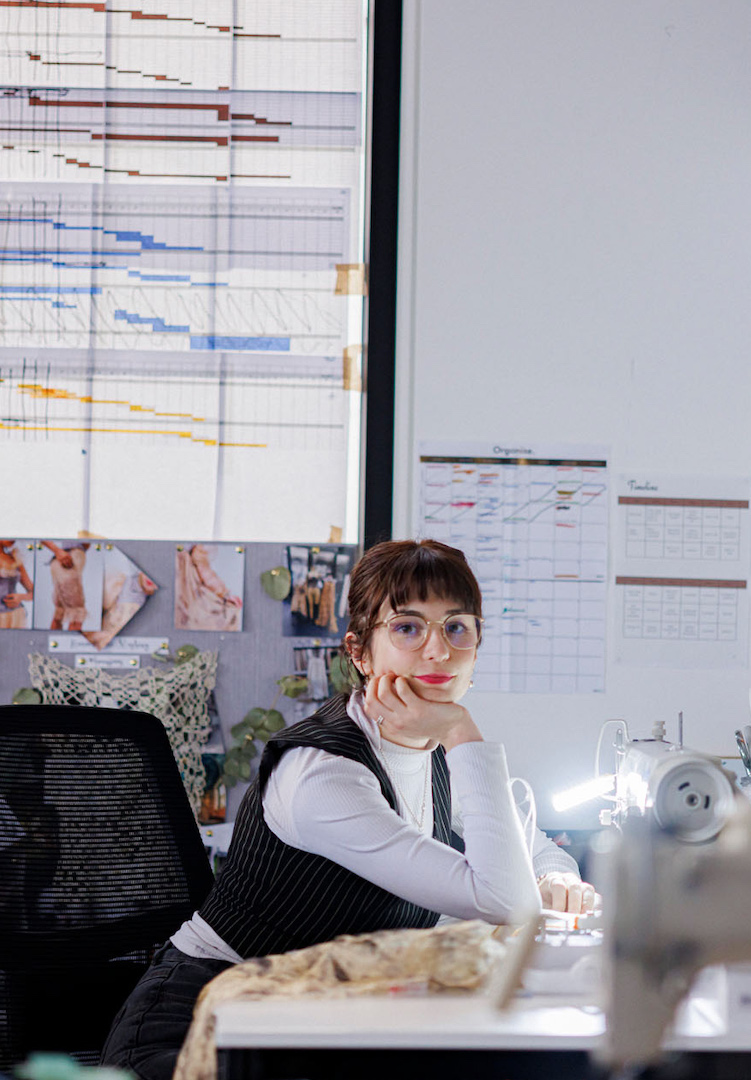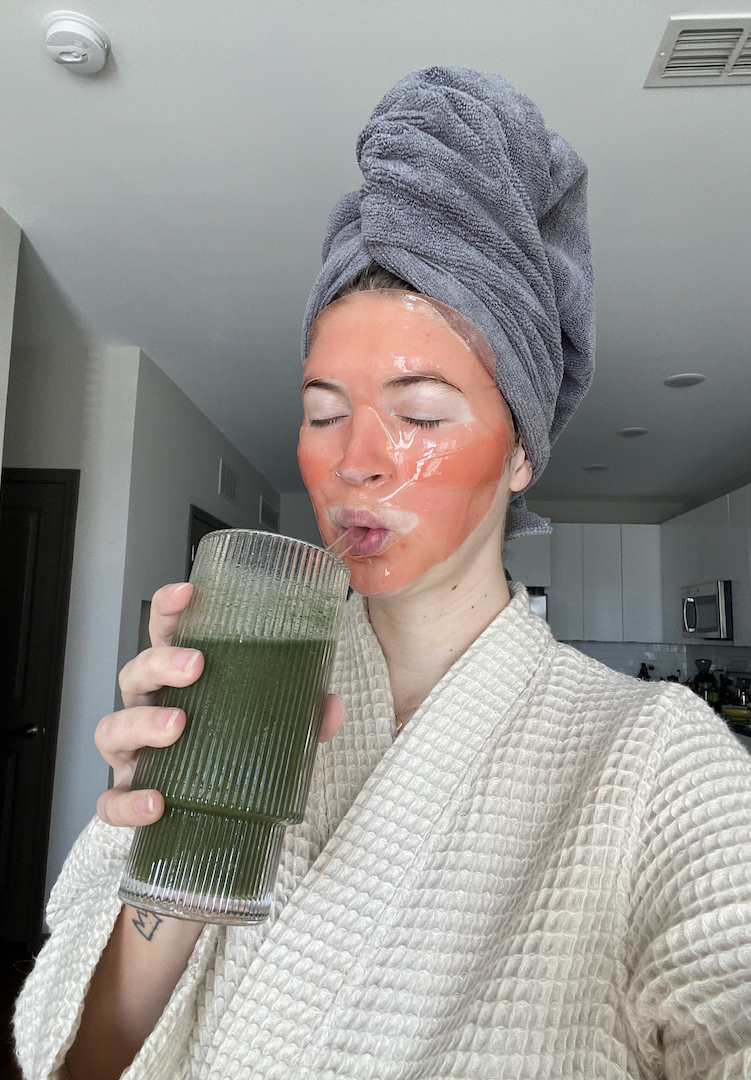What it’s like to get a late diagnosis of ADHD as an adult woman
WORDS BY GEORGIA WAY
“People are desperate to believe that I’m using my diagnosis as a scapegoat for my problems, or simply trying to fit the new ‘trend’ of neurodivergence.”
In early 2021, after close to a year of appointments with new doctors, and in between lockdowns and six-month waitlists, I was finally able to see a psychiatrist who could tell me what I had already known for years: I had ADHD.
I was 20 years old at the time. This does not usually come as a surprise to most people; I am only one of a growing number of women who have been diagnosed with ADHD in adulthood.
Looking for more thought-provoking lifestyle content? Head to our Life section.
At the time of my diagnosis, I was so wrapped up in the excitement of having my beliefs validated and the feeling that I was finally going to get my life together, that I did not consider what kind of impacts there may be as a result of receiving this news in adulthood.
Now, at 24, I’m reflecting on some of the realities that come with being let down by medical and psychological professionals as a child, and how late diagnosis has affected my wellbeing.
There will be grief
One of the most immediate hurdles that presented itself after my diagnosis was the emergence of grief; the grief I held for the life I’d already lived with so much unnecessary struggle, and for the distress I’d felt as a young girl who didn’t understand why I always felt so behind.
Growing up, I wasn’t able to articulate what it was that seemed to be wrong with me, but I knew this lack of understanding was wearing me down. I’d become so accustomed to failure, to never being able to accomplish anything, to facing constant difficulty with even the most basic of tasks, that I completely gave up on life. It’s hard to have any hopes or aspirations for the future when every day you are reminded of the ways you do not fit into the world.
It’s no wonder then, that now I can’t help but wonder how my life might have been different if I’d received support or assistance for ADHD during these formative years. Perhaps I wouldn’t have had such crushingly low self-esteem. Maybe I wouldn’t have been so worn down that I became horrifically depressed from age 13. Maybe I could have gone to university. Or, maybe, I could have learnt how to keep my goddamned room clean.
It’s a dangerous habit to constantly wonder ‘What if?’, but it’s incredibly difficult not to feel that I, and all women in my position, have been cheated out of a childhood filled with positive self-development because medical misogyny meant we were overlooked.
Skill regression as an adult
Growing up without an understanding of your behaviours through the lens of an ADHD diagnosis means you become very accustomed to moulding your mind to work in the same way as those around you. You build your foundational life skills like cooking, cleaning and organisation in ways that tend to work against your own brain function and you hold on to these ill-fitting practices for dear life.
When you receive an ADHD diagnosis and gain an understanding of how differently you operate, it’s a common experience to find yourself suddenly unable to do these life skills in the ways you had learnt before. This is known as skill regression.
Within the first few months of living with a diagnosis, I found myself moving backwards instead of forwards. Where I had been so excited to finally get my act together, I was now finding myself regressing; I couldn’t cook for myself anymore, I had somehow become messier, I was struggling in my job and found myself suddenly forgetting important events and appointments again.
I had to start from scratch, teaching myself how to exist as an adult, and the shame and disappointment that stemmed from this was a very significant shock to the system that I’m far from alone in experiencing.
The new shame
There is, also, a somewhat new experience that comes with being diagnosed with ADHD in the last few years – people immediately assume you watched one TikTok video and started calling yourself neurodivergent. Navigating this idea has been genuinely bizarre; after twenty years of having my symptoms overlooked, I was validated and now here I am having my experience dismissed as untrue or inaccurate for a whole new reason.
People are desperate to believe that I’m using my diagnosis as a scapegoat for my problems, or simply trying to fit the new ‘trend’ of neurodivergence. Even during my initial psychiatrist appointment, the first question I was asked was whether my coming here was a result of TikTok or of actual concern. This question has been repeated, in one way or another, countless times since and it never manages to feel less embarrassing.
I’ve learnt, in turn, to shy away from sharing my label with most people (particularly men), out of the fear that I will have to continuously have the validity of my suffering questioned to my face after fighting so hard, and for so long, to be heard.
I despise that I have been made to develop new shame in what is an already very complicated mental process of acceptance. I find myself having to explain over and over the degree to which living with this silently has created such immense hardship. I’m so beyond tired of having to justify myself and my right to an ADHD label in a way I know that most men will never have to. It feels like no matter how much proof I give I will never be believed.
I feel incredibly fortunate to have had the resources and support that I did when I began my journey, and I’m grateful to have had my diagnosis at age 20, while many women are still struggling to be heard or taken seriously by medical professionals.
However, this does not mean I don’t hold anger for the misogynistic systems that meant I had to suffer alone and unsure for the majority of my life. I’m angry for all of the pain I went through as a young girl, for the fact that at 24 I’m still undoing the damage caused.
I still cannot keep my damned room clean, and I’m angry for every woman and girl who’s had to feel the same way I have. I’m angry that they’ve had their concerns ignored or their pain dismissed purely because they do not share the symptoms of a hyperactive young boy.
I’m sure that in the years to come, we will only continue to see the ways that being overlooked until adulthood affects overall wellbeing but I would never encourage anyone away from advocating for themselves, no matter their age.
Late diagnosis is scary, and it has its complications, but there are countless positives that come from understanding yourself and your mind. The more women who come forward, the more women who become angry, the less we can be overlooked.
For more on women and ADHD, try this.










